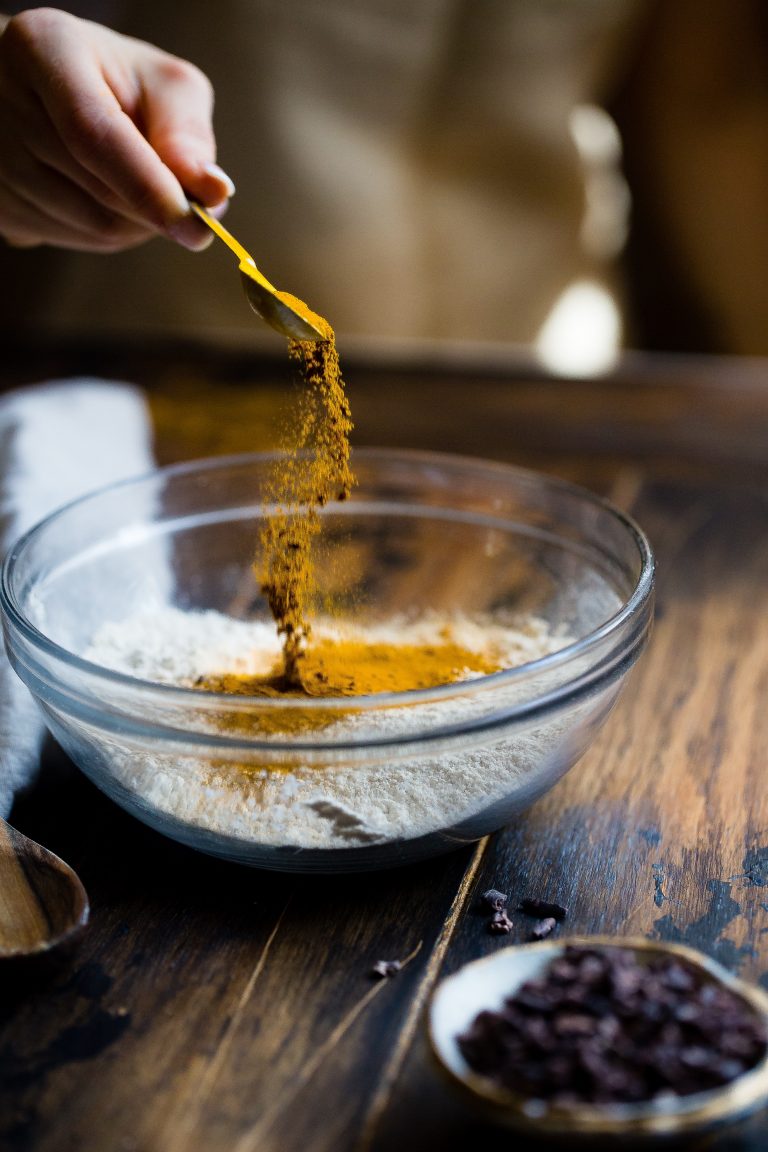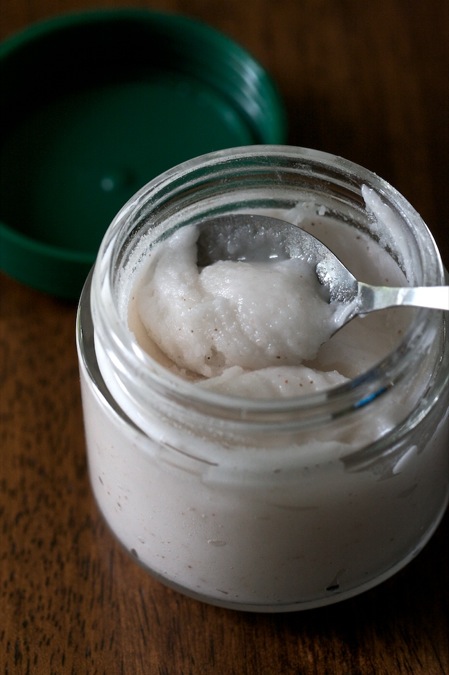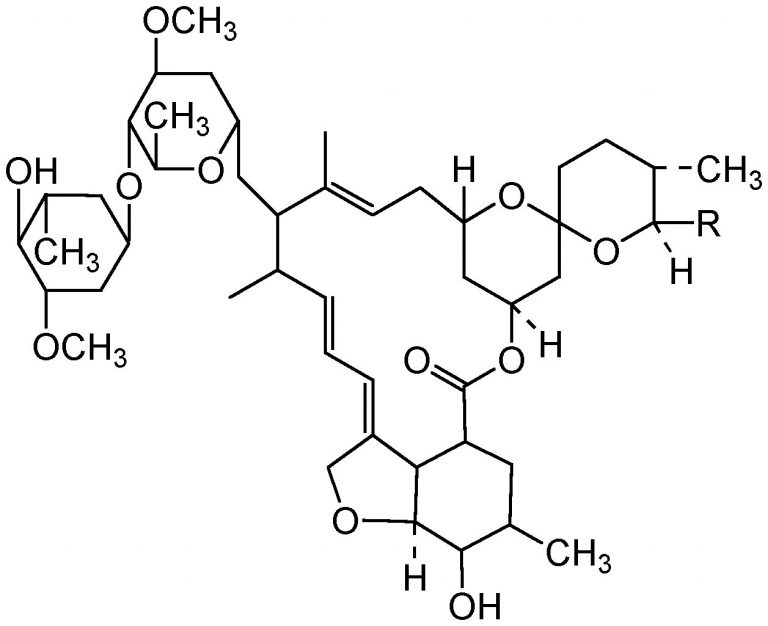St John Wart. Cure For Depression?
St. John’s Wort may well be one of the most effective natural cures for depression — without the side effects associated with prescription drugs. In fact, fifty percent of depressive disorders in Germany are treated (by prescription) with St. John’s Wort. Despite sounding like “wart”, this yellow-flowered wild plant takes its name from the Old English word for plant: “Wort”, and from St. John the Baptist whose birthday was in the flowery month of June. Hippocrates even prescribed this plant as a medication back in the third century B.C.
So does it really work?
St. John’s Wort is more commonly prescribed for depression in Europe than antidepressants such as Prozac. It’s available over the counter in North America and the U.K. In fact, it has been used for centuries to treat both mental disorders and nerve pain.
The benefits of St. John’s Wort for mild to moderately depressed people, as well as those who experience seasonal affective disorder, have been discussed in numerous medical reports and studies. As a result, this herb has a stronger medical reputation in the U.S. and Canada than other lesser-known supplements. Unlike medications, supplements are assumed by the FDA to be safe unless something shows otherwise. St. John’s Wort falls into the category of a generally safe alternative to prescription antidepressants.
The National Center for Complementary and Alternative Medicine at the National Institutes of Health notes that St. John’s Wort can be an effective treatment for mild and moderate depression and/or anxiety, but does not recommend its use for more serious forms of these conditions.
The American Academy of Family Physicians states that St. John’s Wort may work as a weak antidepressant in comparison with a placebo, it “should not be used as a replacement for proven agents patients with major depression.” Thus, if you are someone with mild cases of “the blues”, St. John’s Wort may be an effective approach and worth trying.
Doctors do not recommend St. John’s Wort for people already taking anti-depressants or anti-anxiety medications. Its interaction with these drugs, which increase the absorption of serotonin in the brain, can cause serotonin overload. While sometimes used for weight loss, this use doesn’t have strong supporting evidence.
Also, the FDA issued a statement that indinavir, a protease inhibitor used to treat HIV, has a significant negative interaction with the herb. If you are taking any medications or other nutritional supplements, please discuss these combinations with your doctor if you also choose to take St. John’s Wort. Do not take this if you are pregnant or taking birth control pills.
More reasonably priced and a more ‘natural’ substance than antidepressants, St. John’s Wort is widely attractive as a remedy for depression. It is also sold over the counter. This herb is sold in capsules, teas, and concentrated extracts. The main rule of thumb with this herb is to monitor your reaction carefully and only use St. John’s Wort if you experience mild forms of mood problems such as depression and anxiety. Anyone with these issues should speak with a doctor for guidance. Also, remember that antidepressants generally take six to eight weeks to demonstrate real change.
Source: nccam.nih.gov







